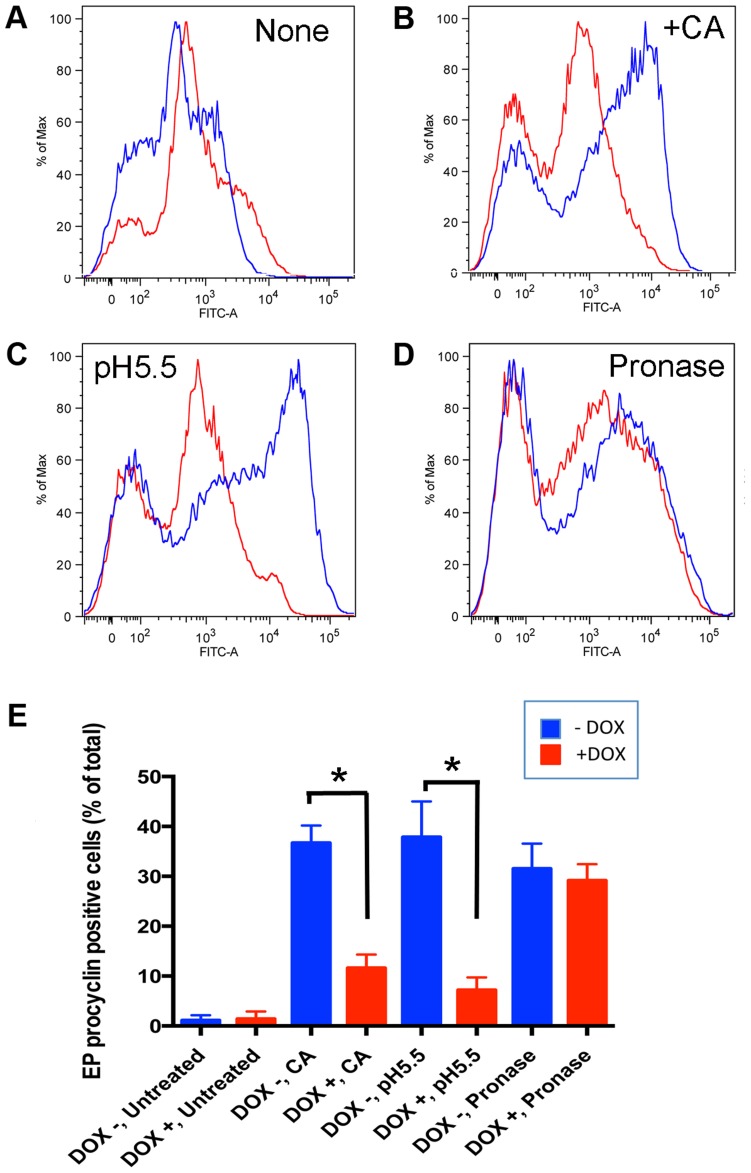Figure 4. RNAi mediated ablation of TbPIP39 reduces the differentiation efficiency of cells treated with cis-aconitate and mild acid, but not pronase.
TbPIP39-RNAi stumpy cells, either uninduced (−Dox) or induced (+Dox) with doxycycline in vivo were harvested, inoculated into HMI-9 at 37°C before the exposure to ‘no treatment’ (A), 6 mM cis-aconitate (CA) (B), mild acid (pH 5.5) (C) or pronase (4 units/ml) (D). Samples of the untreated and treated (B–D) cultures were prepared at 0 h and 4 h and differentiation analysed by the expression of the differentiation marker EP procyclin. The treated cells showed a population of undifferentiated trypanosomes (left hand peak) representing slender cells in the population and dead or damaged cells, particularly after pronase treatment. Panel E shows histograms of the percentage of EP procyclin expressing cells at 4 h after exposure to the different treatments, the results being the mean and standard deviation of 4 experiments (3 for pronase treatment). Asterisks indicate significance (p<0.001). TbPIP39 depletion resulted in reduced differentiation for the cis-aconitate and mild acid treated samples, but not those exposed to pronase.

